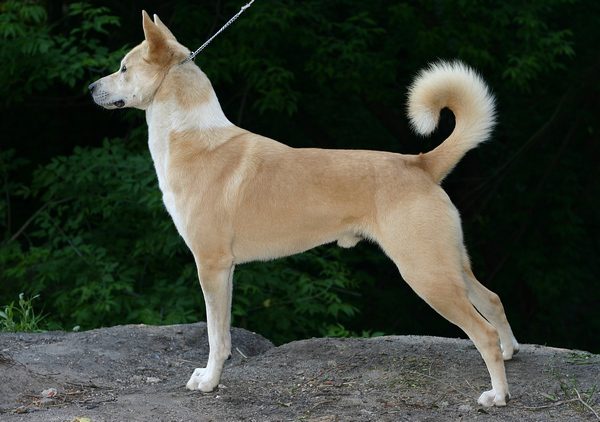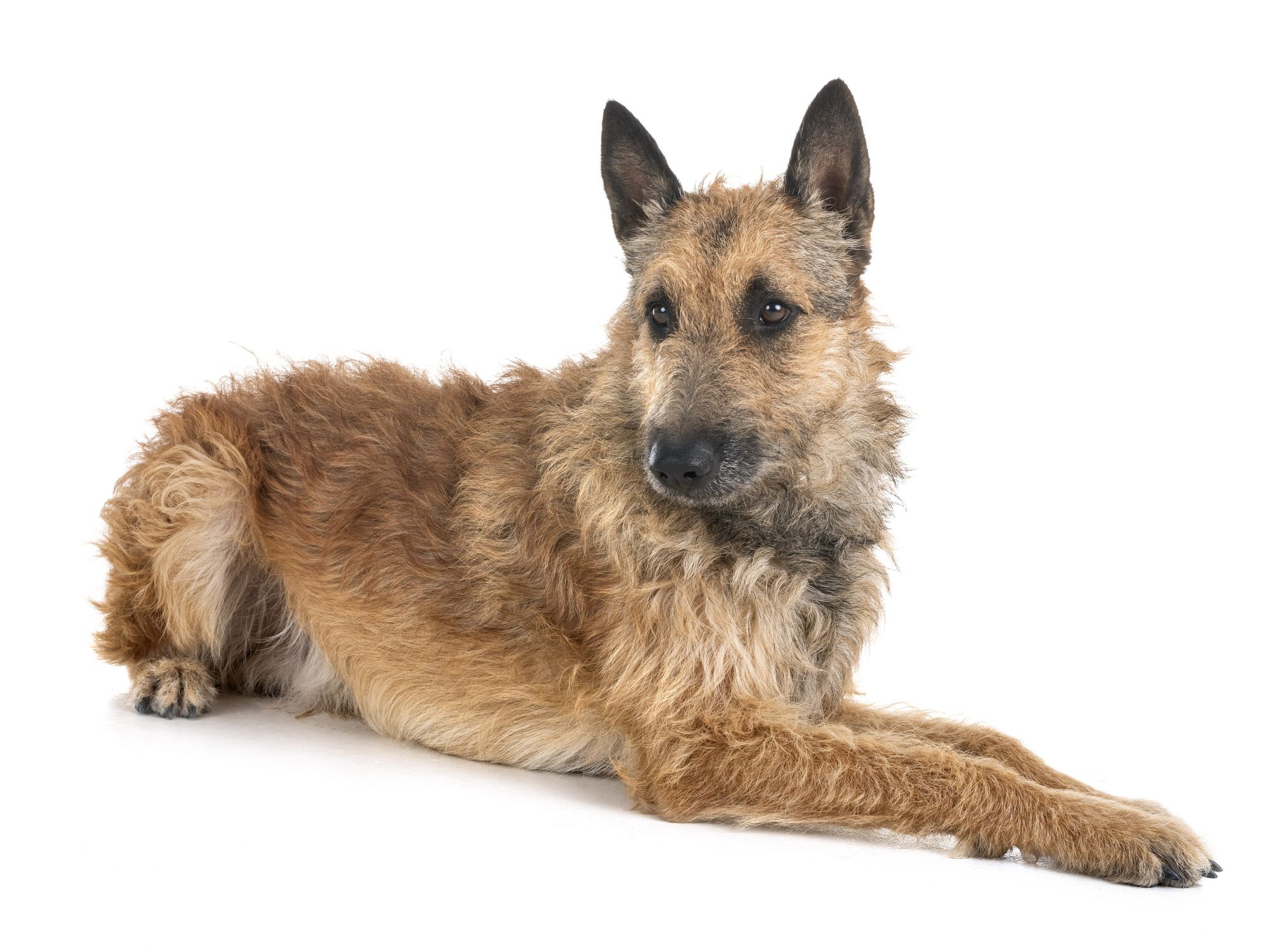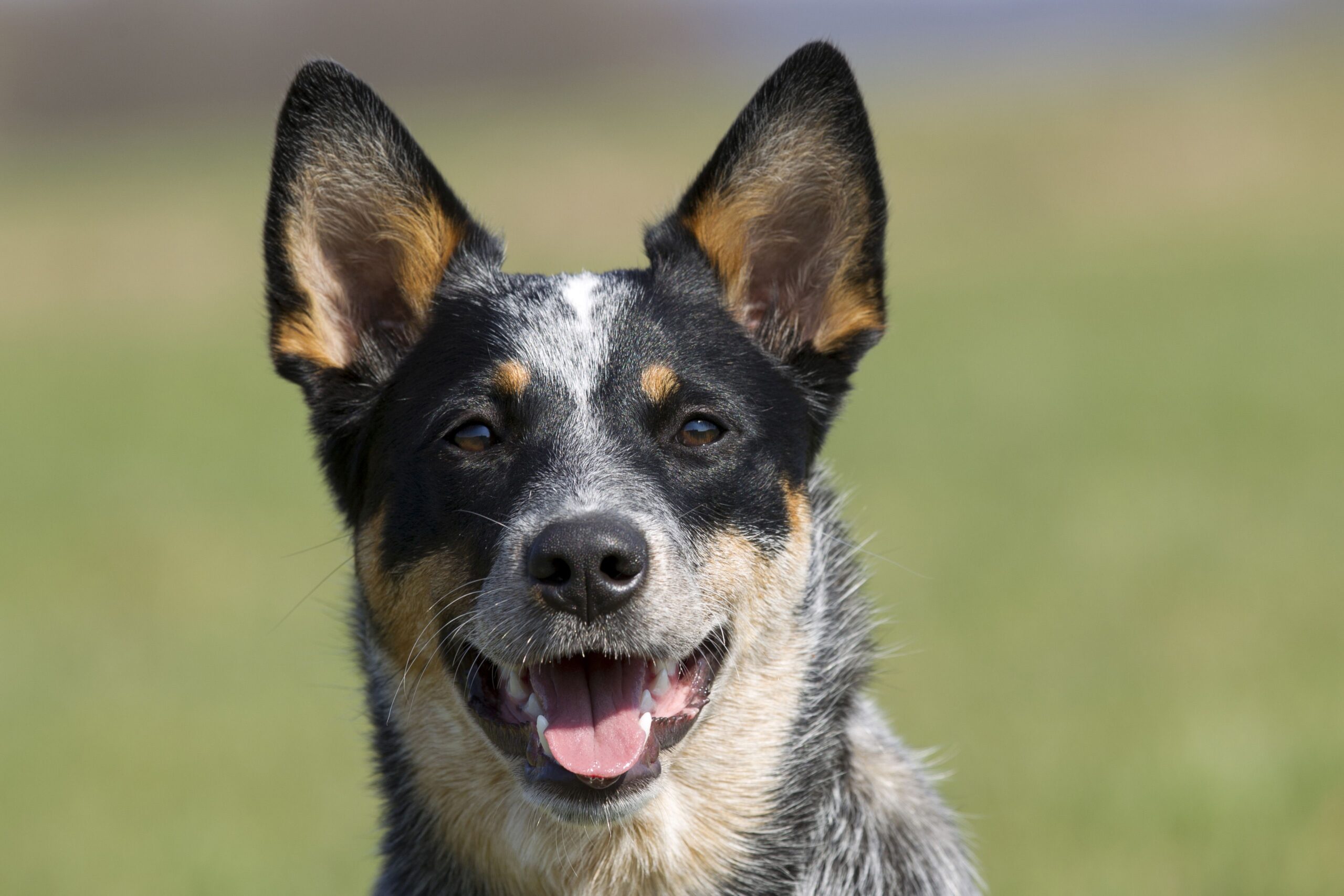Key Takeaways:
- Portuguese Water Dogs are known for their intelligence and trainability.
- They have a unique coat that is hypoallergenic and requires regular grooming.
- These dogs are highly energetic and require daily exercise to prevent boredom and destructive behavior.
- Porties are excellent swimmers and enjoy activities in water, making them great companions for outdoor adventures.
- Proper socialization from an early age is crucial for Portuguese Water Dogs to ensure they get along well with other animals and people.
Are you a dog lover looking for the perfect furry companion? Look no further! Delving into the world of Portuguese Water Dogs, also known as Porties, will open your eyes to a whole new level of canine companionship. Understanding the characteristics and care required for this breed is essential if you want to experience the immense joy and benefits they bring to your life. Whether you're seeking a loyal and intelligent pet or a hypoallergenic four-legged friend, Porties have got you covered. So, let's dive into this fascinating topic and discover why Portuguese Water Dogs are the ultimate choice for dog enthusiasts everywhere.
Unique Characteristics of Portuguese Water Dogs
Portuguese Water Dogs, also known as PWDs, are a unique and fascinating breed with several distinctive characteristics. One of their most notable features is their waterproof coat, which consists of a dense, curly or wavy fur that helps them stay warm and buoyant in the water. This makes them excellent swimmers and well-suited for activities like dock diving and water retrieving. Additionally, their webbed feet further enhance their swimming abilities.
Another unique characteristic of Portuguese Water Dogs is their intelligence and trainability. They are highly intelligent dogs that excel in obedience training and can quickly learn new commands and tricks. Their eagerness to please their owners makes them great companions for various activities such as agility courses or even therapy work.
The Origin and Name of Portuguese Water Dogs
The origin of Portuguese Water Dogs can be traced back to Portugal, where they were primarily used by fishermen to assist in various tasks related to fishing. They would help retrieve nets, carry messages between boats, and even act as guard dogs on board. Due to their close association with water-related activities, they earned the name "Portuguese Water Dog."
In Portugal, these dogs were highly valued for their versatility and reliability in maritime tasks. However, over time, advancements in technology reduced the need for working dogs on fishing boats. Fortunately, dedicated breeders worked hard to preserve the breed's qualities and prevent its decline.
Size and Growth of Portuguese Water Dogs
Portuguese Water Dogs are medium-sized dogs that typically weigh between 35-60 pounds (15-27 kilograms) when fully grown. As puppies, they start off small but grow relatively quickly during their first year of life. It's important to provide them with a balanced diet suitable for their age and monitor their growth to ensure they develop into healthy adults.
During the first few months, Portuguese Water Dog puppies may experience rapid weight gain and undergo significant physical changes. Their bones and muscles develop, and they gradually acquire their adult coat. It is crucial to provide them with proper nutrition, regular veterinary check-ups, and plenty of socialization opportunities during this period to support their overall growth and development.
Caring for the Coat of a Portuguese Water Dog
The coat of a Portuguese Water Dog requires regular care to keep it healthy and free from mats or tangles. Due to its curly or wavy texture, the coat can easily trap dirt and debris, so frequent brushing is necessary. It is recommended to brush them at least two to three times a week using a slicker brush or comb specifically designed for curly coats.
In addition to brushing, regular bathing is essential for maintaining the cleanliness of their coat. However, it's important not to over-bathe them as excessive bathing can strip away the natural oils that keep their skin and coat healthy. Aim for bathing once every four to six weeks unless they get particularly dirty or smelly.
Tips for Brushing a Portuguese Water Dog:
- Start brushing from the bottom of the coat and work your way up to prevent tugging on any mats.
- Use detangling spray or conditioner if you encounter any stubborn tangles.
- Pay extra attention to areas prone to matting, such as behind the ears, under the armpits, and around the tail.
Tips for Bathing a Portuguese Water Dog:
- Use a gentle dog shampoo that is suitable for their sensitive skin.
- Rinse thoroughly to remove all traces of shampoo, as any residue can cause skin irritation.
- Dry their coat with a towel or a hairdryer on a low heat setting to prevent dampness that could lead to skin issues.
Caring for the Coat of a Portuguese Water Dog
Regular Brushing and Grooming
To keep a Portuguese Water Dog's coat healthy and free from tangles, regular brushing is essential. I recommend using a slicker brush or a comb with wide-spaced teeth to gently remove any mats or knots. It's important to start grooming your dog from an early age so they become accustomed to the process. Aim to brush their coat at least once or twice a week, paying extra attention to areas like behind the ears, under the armpits, and around the tail.
Tips for Bathing
Bathing your Portuguese Water Dog should be done every few weeks or as needed. Use a dog-specific shampoo that is gentle on their skin and coat. Before bathing, make sure to thoroughly brush out any tangles or mats. When rinsing, be careful not to get water in their ears as it can lead to infections. After bathing, towel dry your dog and use a blow dryer on low heat if necessary.
Professional Grooming
While regular brushing and bathing are important, professional grooming is also recommended for Portuguese Water Dogs. A professional groomer can trim their coat to maintain its desired length and style. Additionally, they can help with tasks such as nail trimming and ear cleaning that may be challenging for some owners.
Portuguese Water Dogs' Compatibility with Children and Other Pets
Portuguese Water Dogs are known for their friendly and playful nature, making them excellent companions for children. They have a patient temperament and tend to get along well with kids of all ages. However, it's crucial to teach children how to interact with dogs properly, including not pulling on their fur or ears.
When it comes to other pets in the household, Portuguese Water Dogs generally have a good compatibility. They can coexist with cats, other dogs, and even smaller animals like rabbits or guinea pigs. Early socialization is key to ensure they develop positive relationships with other pets. Introduce them gradually and supervise their interactions until you are confident in their behavior.
Exercise Needs for a Healthy Portuguese Water Dog
Portuguese Water Dogs are an active breed that requires regular exercise to maintain their physical and mental well-being. Aim for at least 30 minutes to an hour of exercise each day, which can include activities such as brisk walks, jogging, swimming, or playing fetch.
In addition to physical exercise, mental stimulation is also important for Portuguese Water Dogs. They are intelligent and thrive on learning new tasks or participating in dog sports like agility or obedience training. Providing puzzle toys or interactive games can help keep their minds engaged and prevent boredom.
Important Health Concerns for Portuguese Water Dog Owners to Know
Hip Dysplasia
One health concern that Portuguese Water Dog owners should be aware of is hip dysplasia. This condition occurs when the hip joint doesn't develop properly, leading to pain and mobility issues. Regular vet check-ups and X-rays can help detect any signs of hip dysplasia early on.
Progressive Retinal Atrophy (PRA)
Another health concern specific to this breed is progressive retinal atrophy (PRA). PRA is a degenerative eye disease that eventually leads to blindness. It's important for owners to have their Portuguese Water Dogs' eyes checked regularly by a veterinary ophthalmologist.
Heart Disease
Portuguese Water Dogs are also prone to certain heart diseases, including subvalvular aortic stenosis (SAS) and dilated cardiomyopathy (DCM). Regular cardiac screenings by a veterinarian can help detect and manage these conditions.
Preventive Care
To ensure the overall health of your Portuguese Water Dog, it's crucial to provide preventive care. This includes routine vaccinations, regular dental cleanings, and parasite prevention measures such as flea and tick control. Regular exercise, a balanced diet, and maintaining a healthy weight are also important factors in preventing various health issues.
In conclusion, Portuguese Water Dogs, or Porties, are intelligent and energetic dogs that make great companions. They require regular grooming and exercise to keep them happy and healthy.
Are Portuguese water dogs high maintenance?
The Portuguese Water Dog needs regular grooming to prevent matting and tangling. It is recommended to brush and comb them daily, and they also need frequent baths and haircuts. This breed requires a lot of maintenance.
Is a Portuguese Water Dog a good family dog?
Portuguese water dogs are an excellent choice for families because they are fun-loving and have a strong desire to please. They are highly intelligent and have a natural ability to connect with others, making them successful as therapy and service dogs.
What are the characteristics of a Portuguese Water Dog?
The Portuguese Water Dog has a strong and medium-sized body with a coat of curly hair that doesn't shed much. They are active and athletic dogs that excel in water-related activities. This breed is highly intelligent and trainable, always eager to please their owners.
Can a Portuguese Water Dog be left alone?
Being alone can be challenging for the Portuguese Water Dog, a breed that loves being part of a family. While they can handle being left alone for four to six hours, this social breed may exhibit destructive behavior if they don't receive enough attention or exercise.
How much walking does a Portuguese Water Dog need?
Taking care of a Portuguese Water Dog requires pet owners to be ready to give them lots of attention and exercise. They should be provided with at least 30-60 minutes of exercise per day.
What is the downside of Portuguese Water Dog?
Despite claims from some breeders, the Portuguese Water Dog is not suitable for individuals with allergies. This breed is not hypoallergenic and does shed, as it produces dander.
















